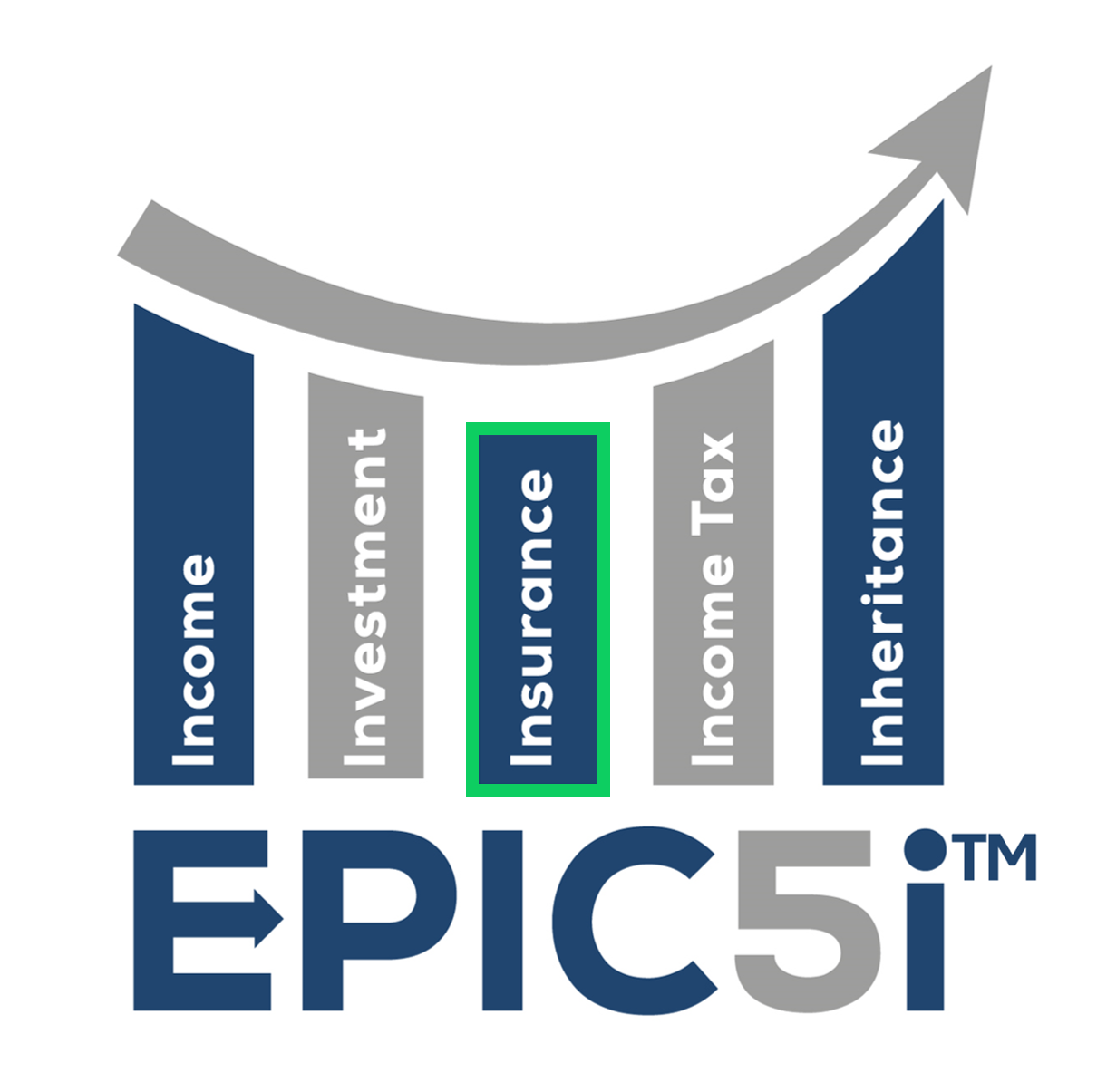Celebrate Your Financial Independence This July 4th
Written By: Susannah Orzolek

For many of us, retirement represents the ultimate freedom: the ability to do what you want, when you want, for as long as you can. It’s about breaking free from the daily grind and enjoying life on your own terms. As we celebrate our nation’s Independence Day this year, let’s explore how you can achieve and celebrate your own financial independence in retirement.
The Essence of Retirement: Independence and Freedom
In my conversations with people preparing for retirement, the words “independence” and “freedom” come up frequently. Retirement is often seen as a time to pursue passions, travel, and spend more time with loved ones. One client told me they couldn’t wait to turn their hobby of woodworking into a full-time endeavor. Another dreamt of spending their days by the beach, reading and relaxing without a care in the world. These stories highlight a common theme: the desire for the freedom to choose how to spend their time.
What is Financial Independence?
It’s the state of having enough money saved and invested to cover your living expenses for the rest of your life. It’s about not having to go back to work. It’s not necessarily retiring in the lap of luxury, but it means you have the flexibility and the means to choose to work if you want, instead of needing to work to pay the bills.
Steps to Achieving Financial Freedom
If retirement means having the freedom to do what you want, where do you begin? How do you work toward that freedom? It starts with a solid financial plan. Here are some key steps to help you achieve financial independence in retirement:
- Calculate Your Future Financial Needs: Determine how much you’ll need to cover both your essential living expenses and participate in the activities you enjoy. Include groceries, utilities, and mortgage but don’t forget to give yourself some wiggle room. Do you tend to spend more around the holidays? Do you take a family vacation every summer? These one-off expenses add up over the years so make sure you add them in!
- Evaluate Your Spending: Understand your current spending habits and find areas where you can save more. The more comfortable you are with understanding what you spend in a given year, the more control you will have in your ability to adjust your expenses up or down.
- Eliminate Debt: Pay off high-interest debts to reduce financial strain. Work with your advisor on developing the best debt-payoff strategy for you.
- Establish an Emergency Fund: Save for unexpected expenses to avoid dipping into your retirement funds. Safe, liquid savings can protect you from drawing from your retirement funds at inopportune times.
- Invest: Don’t let all of your hard-earned savings sit idle. It’s important to have some degree of growth in your savings through having a diversified investment portfolio. Your balance of growth and safety should be a mix of protecting your assets in a down market while also growing enough to provide income even as costs rise over time.
- Earn Extra Income: Is there a hobby you are passionate about that has potential to earn income? For example, a retired teacher who is passionate about children may choose to tutor for some extra spending money.
- Track Your Progress: Regularly review your financial plan and adjust as needed. A well-rounded financial plan has the ability to flex and evolve over time to ensure your money lasts for your lifetime.
Ensuring Your Money Lasts
Once you’ve figured out your monthly income needs, the next step is ensuring your money lasts as long as you need it. This involves careful planning and consideration of various financial investments, products, and strategies. For example, annuities can provide a steady income stream and protect your principal. However, it’s crucial to understand the terms and conditions, including surrender charges and the financial strength of the issuing insurer.
Key Pieces of a Retirement Income Strategy
A comprehensive retirement income strategy should include:
- Diversified Income Streams: Mix of Social Security, pensions, investments, and possibly annuities.
- Inflation Protection: Investments that can outpace inflation.
- Healthcare Planning: Funds set aside for medical expenses and long-term care.
- Estate Planning: Ensuring your assets are distributed according to your wishes.
Benefits of Working Toward Financial Independence
Working toward financial independence brings several benefits, including:
- More Time for Activities You Enjoy: Pursue hobbies, travel, and spend time with loved ones.
- Freedom to Choose How You Earn Money: Work on your terms, whether part-time, freelance, or not at all.
- Reduced Stress: Financial security alleviates the stress of living paycheck to paycheck.
- Possible Early Retirement: Achieve the freedom to retire earlier than traditional retirement age.
Income Analysis
Many people have done a great job saving for retirement. However, it’s essential to take the next step to protect those savings and ensure they last. If you’re reading and don’t have a financial strategy for retirement, I’d like to help you:
- Create a budget to figure out how much you’ll need for the retirement you’ve been dreaming about.
- Uncover some of the main risks to your retirement, including inflation, stock market volatility, potential tax increases, and skyrocketing healthcare costs.
- Learn about the options for generating income in retirement.
- Explore ways to maintain your current standard of living in retirement, even as costs rise.
This July 4th, as we celebrate our nation’s independence, take a moment to think about your own financial independence. With careful planning and the right strategies, you can enjoy a retirement filled with freedom and peace of mind.
Have any questions? That’s what we’re here for! Call us at 844-227-5766 today!
Get on our email list to receive these updates in your inbox!
Ready to Take The Next Step?
For more information about any of the products and services listed here, schedule a free assessment today or register to attend a seminar.
